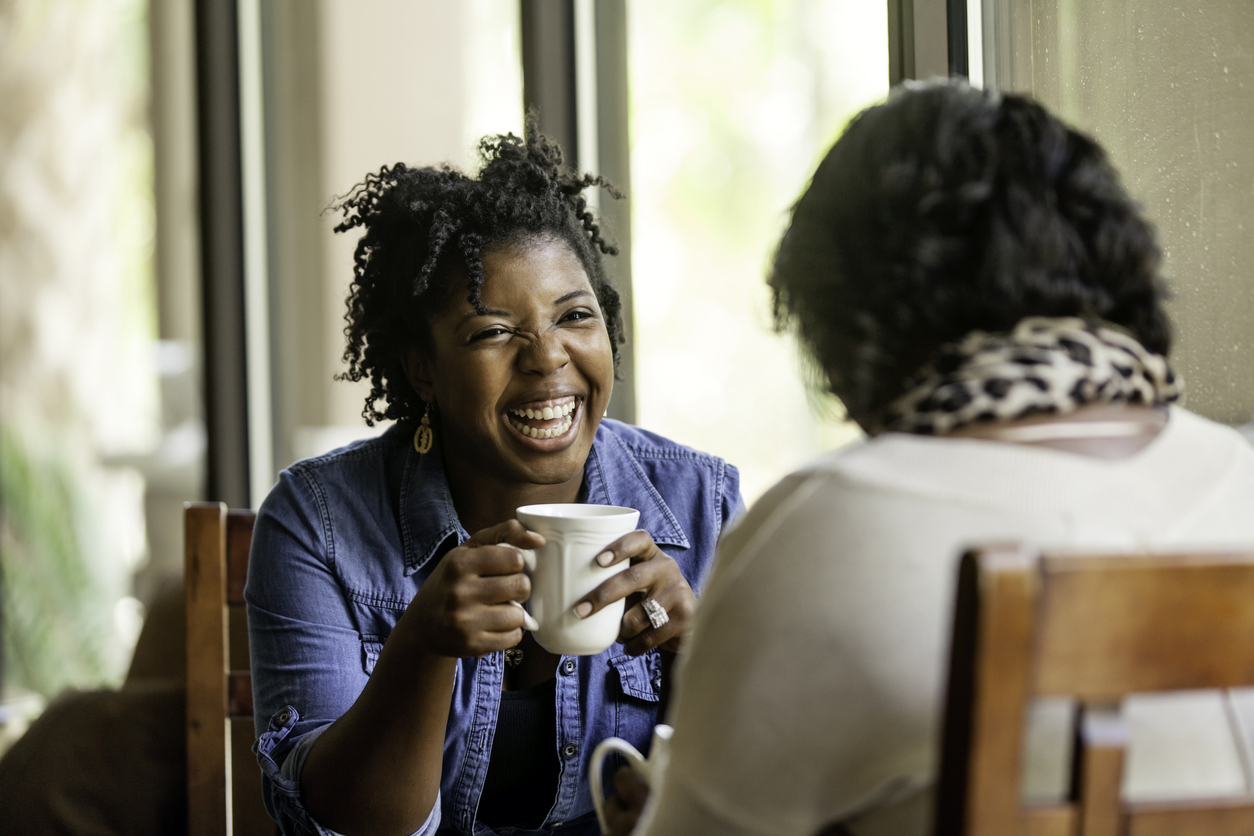
Case studies
We are proud to share the impact of our work through these case studies.
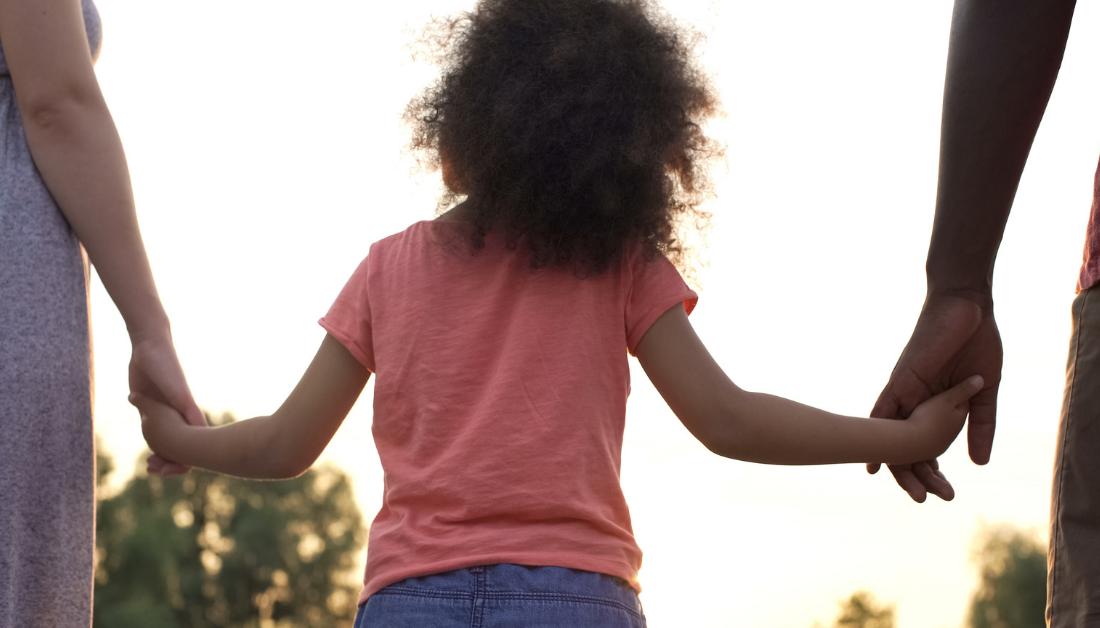
Kinship enables kinship carers to get support for children with additional needs
David from Liverpool has been a kinship carer for 7 years. His great nephew joined the family when he was 8 weeks old. "The workshop put a fire into me. We now have an education health and care plan (EHCP) and our lad no longer has meltdowns about going to school."
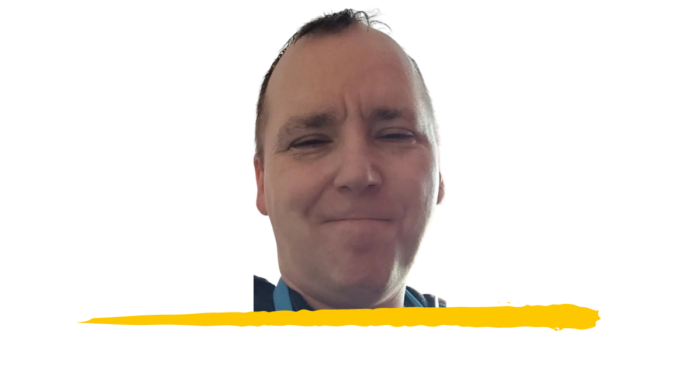
How I used Kinship Compass
I have used the Kinship Compass website for all sorts of things.
I found a workshop about accessing support for children and young people with special educational needs and disabilities (SEND). I signed up and it was really interesting. It opened my eyes to what difference having an EHCP plan can make.
The workshop showed me how to answer the questions on the form, using a worst case scenario approach. If you answer questions about things like school attendance and bed wetting as ‘mostly ok’ you won’t get the help you need. The fact is these things do happen regularly, and you have to get it down on the form. Simple things like writing a description of the child are much harder than you expect, and you need to think it through with support.
The number of people on the workshop who had questions, or didn’t really know where to start was incredible. I realised just how much could be unlocked through having an EHCP. You can go from having a bit of extra shared help once a month, to weekly one-to-one support as well as extra equipment.
Why I took part
Hearing about how other people had used their EHCP really made me want to get ours over the line. We didn’t know what we didn’t know, and we needed to put that right.
I saw other people getting more help for their children from having an EHCP than we were without one. I wanted to be better informed, by understanding what the options were for us, and how to get the help we needed.
The difference it has made
The workshop put a fire into me. We pushed on and got the EHCP a few weeks later. We felt empowered to go into the school and tell them what the EHCP needs to include, not the other way around.
We now have a sensory circuit, a specialised desk, an iPad he is able to use and a workboard he can focus on.
He used to hate going to school, now he doesn’t have meltdowns and he is hitting milestones.
What’s next?
It feels like we have momentum going now at our local Liverpool group. I have become the ‘benefits guy’, helping others write out the forms. Showing people they can push harder and get what they need is rewarding.
Knowing Kinship Compass is there means a lot – I will promote it on my podcast ‘Kinship Care Liverpool‘.
Kinship provides free online workshops created and tailored just for kinship carers
LG from Middlesex has been a kinship carer for nine months for her two grandsons, aged 5 and 2. "Kinship has been the oxygen mask I needed when the plane was going down."
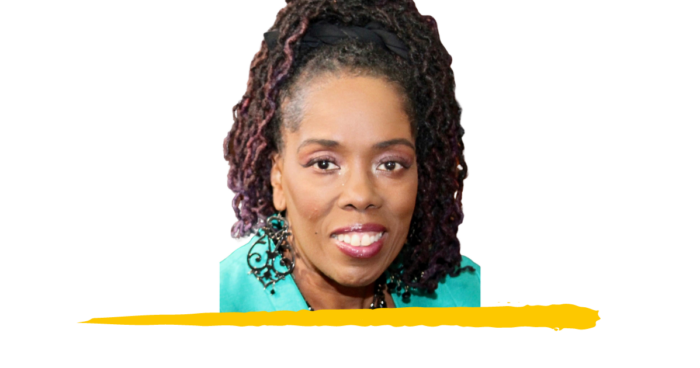
How I used Kinship Compass
I discovered Kinship a few months ago online. At that time I felt very isolated and lost, not knowing exactly what to do first because everything about kinship care was so new to me. I signed up to the emails and found out about the workshops. I have already attended three.
An introduction to kinship care was first – I like to do things in the order that I will need them. It was a huge relief to find other kinship carers for the first time. I am not the only one! I was in sheer awe of the people who had been doing this for a decade. It was shocking to realise how much people aren’t told or don’t know, even when they have been kinship carers for a long time.
It was so good to do it online, it didn’t matter which part of the country you were in. I exchanged numbers with a couple of people too.
Next, I attended the financial entitlements workshop, then the Adoption Support Fund one. I learned that you have to follow up every conversation with the local authority in writing and make sure they keep their word. You must fight hard so what was said in court plays out. It is so long winded and frustrating, but we do now have the Adoption Support Fund in progress.
We’re on the right track, and even though it’s early days, I have more knowledge and confidence to push for what we need and deserve.
Why I took part
We became special guardians in February 2023, We really have been through the mill.
I had done other courses with Barnett council. Some were good, but there was always a neon light for foster carers, and we aren’t them. I really didn’t know what category we fitted into and I was confused.
The difference it has made
After the Adoption Support Fund workshop I asked for a meeting with the social worker and will continue to push for progress. Before, I probably would have just let them get on with it, but Kinship has shown me I have rights and we will get this job done. I feel empowered and have got the rubber stamp I needed to have the confidence to ask for what I am entitled to.
What’s next?
I feel strongly about raising awareness. I met another special guardian at the school gates, by coincidence we started talking and she has now signed up to Kinship!
I’d join a local group if there was one near me. My next challenge is managing contact – and I have already registered for that workshop – it is the biggest bone of contention that lies ahead.
Kinship brings bereaved kinship carers together through online training and peer support
Nich from Kent has been a kinship carer for 7 years for his two granddaughters, aged 13 and 5. "All the muck and bullets we have to go through to support the children and fight the local authority stops kinship carers dealing with our own grief."
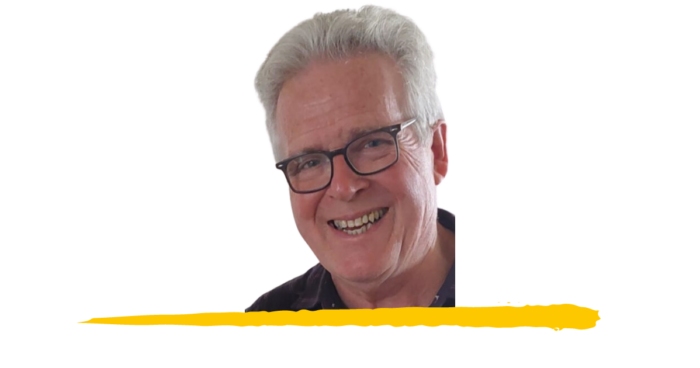
How I used Kinship Compass
I joined Kinship’s six-week course on Zoom that gave kinship carers who had experienced bereavement a way to come together. We had the chance learn about grief, share our own stories and top tips for coping.
Without a doubt, it helped meeting with other people who had kinship care and bereavement in common. It was brilliant to do it online, with people all over the country from Somerset to Manchester. Some carers attended them all whilst others came and went.
We talked about division in families, responsibilities, arguments, dealing with contact – in amongst all this grief and pain. Together we shared our dread of anniversaries, and lots of us agreed that the build up to them is often worse than the day itself.
We talked about ways of dealing with emotion and coming to terms with things. One lady’s sister had died, and we told her to get the kids into bed and give yourself a grief hour. Read the letters, look at photos, put music on and bawl your eyes out. Then put a time limit on that, and pack everything away again. You’ve got to carve out time for dealing with your loss.
We talked through the stages of grief and the timeframes that are different for everybody, especially when you’re a kinship carer.
We also discussed the legal and financial issues like our wills and trust funds. We signposted each other to Kinship’s Advice Line. I have found this last winter hard; we couldn’t afford to heat the house. This course reminded me we are not alone.
Why I took part
Our eldest son died 25 years ago. It devastated our family and as a result we are kinship carers for our daughter’s children. We have had them with us for 7 and 3 years respectively. I have never really come to terms with what has happened.
I wanted to understand the ongoing implications of grief on the family so I can help others.
The difference it has made
Kinship has enabled me to meet other bereaved Kinship carers and it feels great to be able to encourage those folks who feel ‘lost or stranded’ to speak out. It is very cathartic – helping me as well as reducing the feeling of isolation for us all.
What’s next?
I decided to train to be a Support Group Leader with Kinship and run an in-person group here in Kent.
I’ve also joined a couple of the other online groups too.
I’m now planning a fundraiser for Kinship, walking part of the Camino Way in September.
